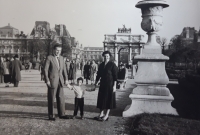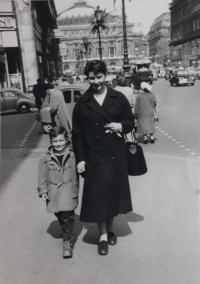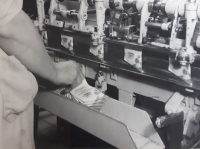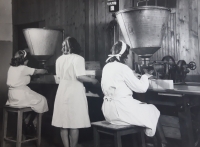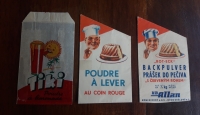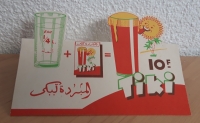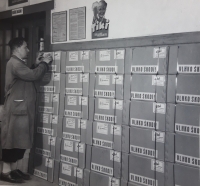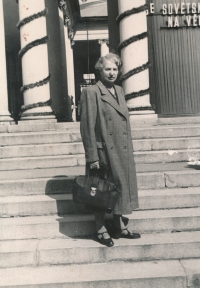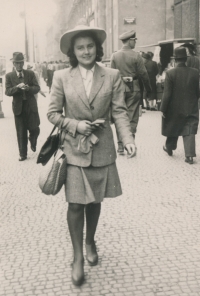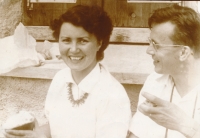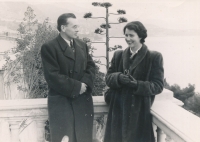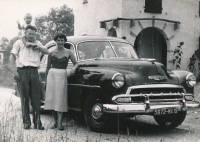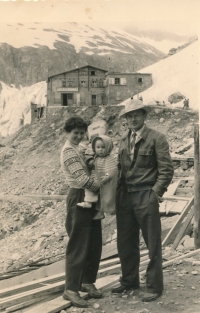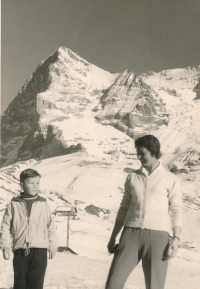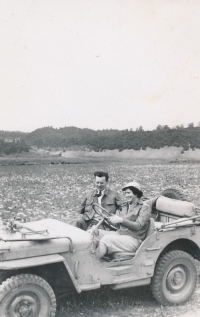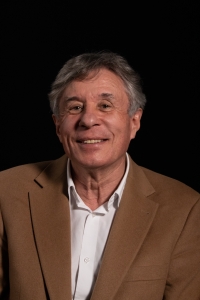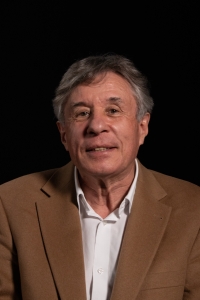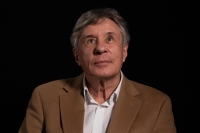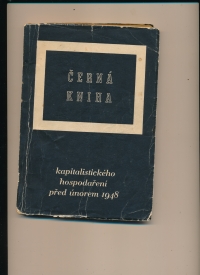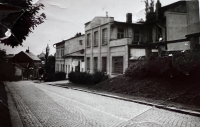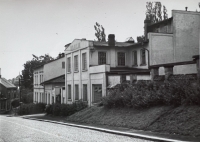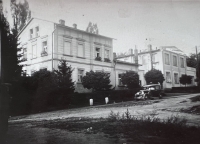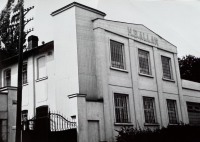My first journey to Czechoslovakia in 1967 was a shock
Download image
Pierre Allan was born on the 17th of May in 1952 in Casablanca. His parents were Czechoslovak, his father had inherited the H. B. ALLAN factory in Dvůr Králové which produced mustards, baking powders and sherbet powder. After the factory was nationalised, Pierre’s parents Vilém and Soňa Allan emigrated to Switzerland in March 1948. Pierre spent his childhood in Morocco, France and Switzerland. He attended schools in Germany, Great Britain and the USA where he graduated from high school. He studied at the Geneva university where he did his postdoc training and became a professor at the Faculty of Economic and Social Sciences. He focused on theory and ethics of international relations. For the first time, he visited Czechoslovakia in 1967. After the 1989 revolution, he has become a visiting professor at the Faculty of Social Sciences of the Charles University in Prague. He is a member of the Beseda Slovan expat organisation and of the Jan Masaryk Foundation. At the time of recording (2022), he lived in Geneva.
